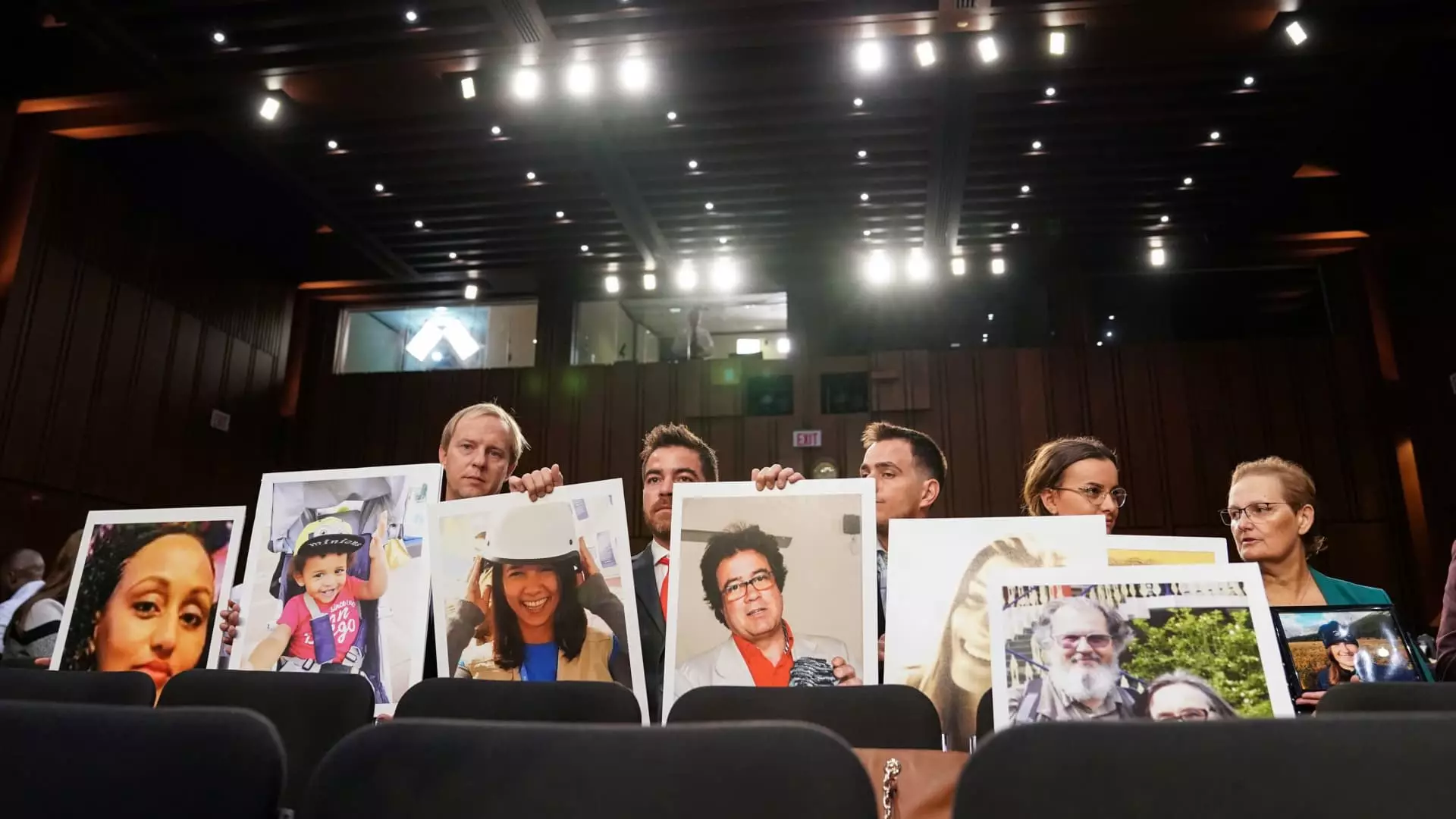In recent years, the Boeing 737 Max has become synonymous with corporate negligence and a failure of accountability. The two catastrophic crashes, the Lion Air flight in October 2018 and the Ethiopian Airlines disaster less than five months later, resulted in the tragic loss of 346 innocent lives. For families of the victims, these were not just statistics; they were beloved individuals whose lives were taken due to apparent engineering failures and corporate decisions motivated by profit margins over public safety. While the tragedies have elicited worldwide outrage and grief, the Justice Department’s recent non-prosecution agreement with Boeing not only fails to deliver justice for the victims’ families but sets an alarming precedent for corporate America.
A Flawed Solution to Corporate Crime
The Justice Department’s decision to allow Boeing to avoid prosecution through a non-prosecution agreement for its role in these deadly incidents is disturbingly lenient. The company will pay a hefty sum—over $1.1 billion—while sidestepping the serious consequences that should accompany its complacency in ensuring customer safety. Critics are raising their voices, citing this maneuver as an encouragement for other corporations to engage in questionable practices devoid of accountability. The apparent lenience exhibited by federal authorities raises significant concerns about the message being sent to corporate America: that influential companies can pay their way out of responsibility when lives are lost.
The breadth of the deal includes a $487.2 million fine, with over $400 million earmarked for safety compliance and victim compensation. However, these figures are trivial when placed against the backdrop of the loss of human life and the suffering of the affected families. A society that allows corporate giants to escape accountability in exchange for monetary compensation is one that has placed profit above ethical standards.
Corporate Greed Over Human Lives
Boeing’s internal culture, as revealed in various investigations, suggests that corporate greed played a pivotal role in the decisions leading to both tragedies. Emails from top company officials depicted a corporate climate wherein safety protocols were sometimes cynically dismissed. The pilot responsible for the development of the flight’s control system even boasted about “jedi-mind tricking” regulators, showcasing a troubling trend that involves manipulating both industry standards and regulatory oversight.
The Justice Department’s claim that this agreement is a “fair and just resolution that serves the public interest” feels disingenuous to those who lost loved ones. A $1.1 billion payment might be monumental for most individuals or smaller businesses, but it pales in comparison to the weight of lost lives. The victims’ families have expressed their anger and frustration, criticizing this agreement as akin to a sweet deal for Boeing, which has shown little sign of genuine remorse or commitment to change.
The Dilemma of Public Sentiment
Public sentiment regarding this deal is deeply divided. While the Justice Department cites support from some families for a quicker resolution, many others have rightfully expressed their desire for the company’s executives to face trial for what many consider corporate malfeasance. The approval from some families does not nullify the overwhelming sense of disappointment from victims’ advocates who argue that this non-prosecution deal represents a betrayal of trust among those harmed.
The real victims here are not just the deceased; they extend to their families. A decision such as this can be emotionally devastating, as it echoes the loss and suffering that they continue to endure every day. Allowing a corporation like Boeing to evade justice for blatant negligence surrounding such grotesque misunderstandings of safety protocols creates an environment of skepticism and erodes public trust in regulatory agencies.
Implications for Future Regulation
This situation exemplifies the broader dilemmas facing corporate regulation in the United States. If federal authorities are willing to let major corporations like Boeing off the hook for death and destruction caused by systemic negligence, what does it say about the structure of our regulatory frameworks? When large monetary settlements become a replacement for accountability rather than an incentive for change, we find ourselves on a precarious path. It fosters an environment where companies may prioritize shareholder profits over public safety, thus creating a dangerous norm.
The Boeing non-prosecution agreement is more than just a legal deal; it is a cautionary tale of what can happen when corporate interests overshadow the need for accountability in the face of tragedy. As these injustices continue, both regulators and the public must reconsider how we define corporate responsibility, lest we become complacent in the face of egregious neglect.


Leave a Reply